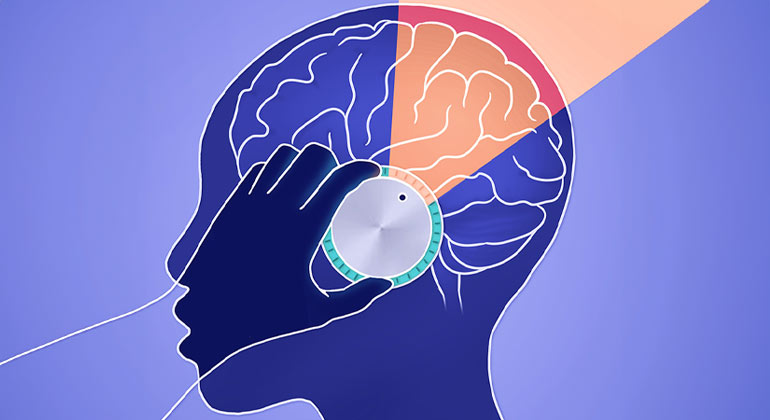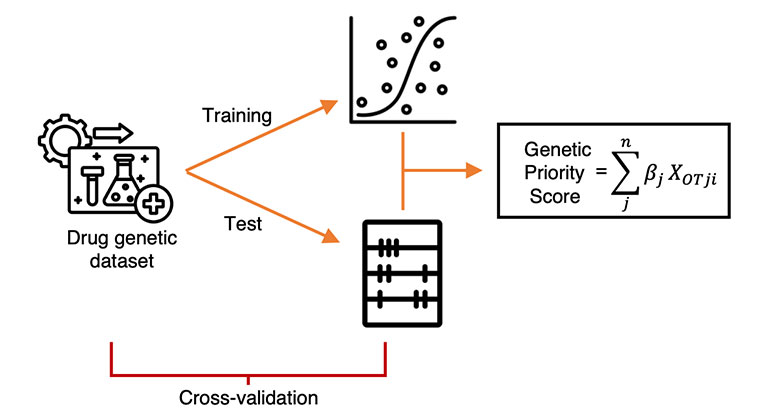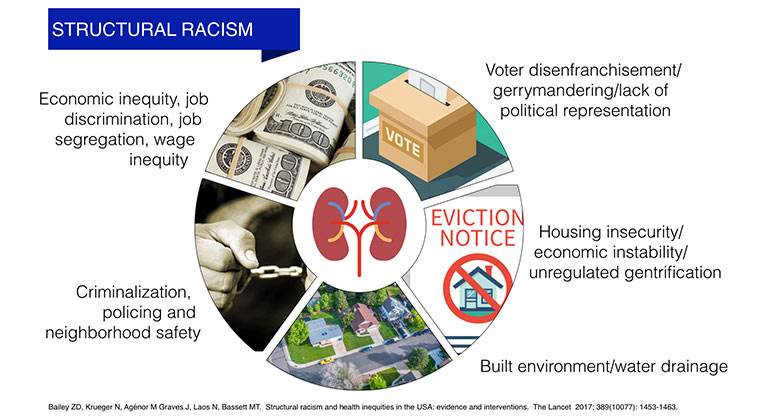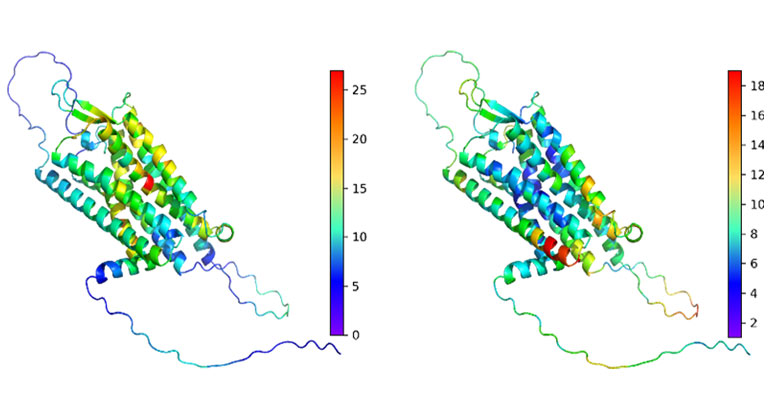Mount Sinai Researchers Develop First Successful Laboratory Model for Studying Hepatitis C
By differentiating stem cells into liver cells and inducing successful infection, Mount Sinai researchers have shown for the first time that the hepatitis C virus can replicate in monkeys.
By differentiating monkey stem cells into liver cells and inducing successful infection, researchers from the Icahn School of Medicine at Mount Sinai have shown for the first time that the hepatitis C virus (HCV) can replicate in monkeys, according to research published in the journal Gastroenterology. The new findings may lead to the first new animal model and provide new avenues for developing treatments and vaccines for this disease, which impacts more than three million people in the United States.
Scientists have tried for decades to develop animal models to study HCV, but the virus was incapable of infecting any species except for humans and chimpanzees. With a recent National Institutes of Health-imposed moratorium restricting chimpanzee research, the Mount Sinai research team turned to a close relative of chimpanzees and humans—macaques. Led by Matthew Evans, PhD, and Valerie Gouon-Evans, PhD, of Mount Sinai, the research team sought to find out why previous attempts to infect macaques with HCV failed.
Dr. Gouon-Evans, who is Assistant Professor of in the Department of Developmental and Regenerative Biology at Mount Sinai, worked with a team at the Fred Hutchison Cancer Research Center in Seattle to differentiate macaque stem cells into liver cells. Dr. Evans, who is an Assistant Professor in the Department of Microbiology, and his team then attempted to infect these cells with HCV in a petri dish. They found that these differentiated cells were able to support HCV infection and replication, although not as effectively as in human liver cells.
“Now that we know that HCV infection in macaque cells is possible, we wanted to find out why it only worked in liver cells that were derived from stem cells,” said Dr. Gouon-Evans. “By identifying where in the viral life cycle the infection is dysfunctional, we can develop an effective animal model of HCV.”
Dr. Evans and his team found that HCV was less efficient at entering macaque cells to initiate infection compared to human cells because changes in the macaque form of a certain cell surface receptor rendered it less functional than the human version. This cell entry block could be overcome by expressing the human version of this receptor in macaque cells. Furthermore, HCV infection of normal macaque cells was greatly enhanced by changes to the virus that loosened its requirements for that receptor.
“Our discovery shows that by manipulating either host or viral genetics we can efficiently infect macaque cells,” said Dr. Evans. “These findings may open doors for the field of HCV research, lead to new animal models, and hopefully vaccines and therapies.”
Next, Dr. Evans plans to take these experiments out of petri dishes by attempting to infect macaques in vivo with the mutant HCV that can use the receptors this animal naturally expresses. If successful, this work would provide a new, much-needed animal model for HCV studies and vaccine development.
This work was supported by the Pew Charitable Trust.
About the Mount Sinai Health System
Mount Sinai Health System is one of the largest academic medical systems in the New York metro area, with more than 43,000 employees working across eight hospitals, over 400 outpatient practices, nearly 300 labs, a school of nursing, and a leading school of medicine and graduate education. Mount Sinai advances health for all people, everywhere, by taking on the most complex health care challenges of our time — discovering and applying new scientific learning and knowledge; developing safer, more effective treatments; educating the next generation of medical leaders and innovators; and supporting local communities by delivering high-quality care to all who need it.
Through the integration of its hospitals, labs, and schools, Mount Sinai offers comprehensive health care solutions from birth through geriatrics, leveraging innovative approaches such as artificial intelligence and informatics while keeping patients’ medical and emotional needs at the center of all treatment. The Health System includes approximately 7,300 primary and specialty care physicians; 13 joint-venture outpatient surgery centers throughout the five boroughs of New York City, Westchester, Long Island, and Florida; and more than 30 affiliated community health centers. We are consistently ranked by U.S. News & World Report's Best Hospitals, receiving high "Honor Roll" status, and are highly ranked: No. 1 in Geriatrics and top 20 in Cardiology/Heart Surgery, Diabetes/Endocrinology, Gastroenterology/GI Surgery, Neurology/Neurosurgery, Orthopedics, Pulmonology/Lung Surgery, Rehabilitation, and Urology. New York Eye and Ear Infirmary of Mount Sinai is ranked No. 12 in Ophthalmology. U.S. News & World Report’s “Best Children’s Hospitals” ranks Mount Sinai Kravis Children's Hospital among the country’s best in several pediatric specialties.
For more information, visit https://www.mountsinai.org or find Mount Sinai on Facebook, Twitter and YouTube.
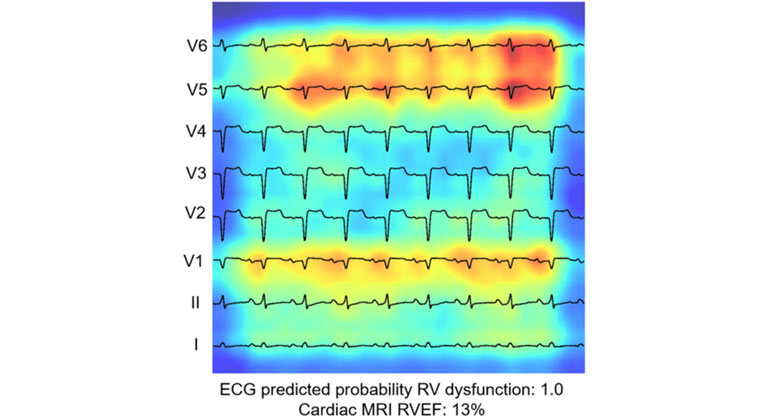
AI-Driven Study Redefines Right Heart Health Assessment With Novel Predictive Model
Jan 04, 2024 View All Press Releases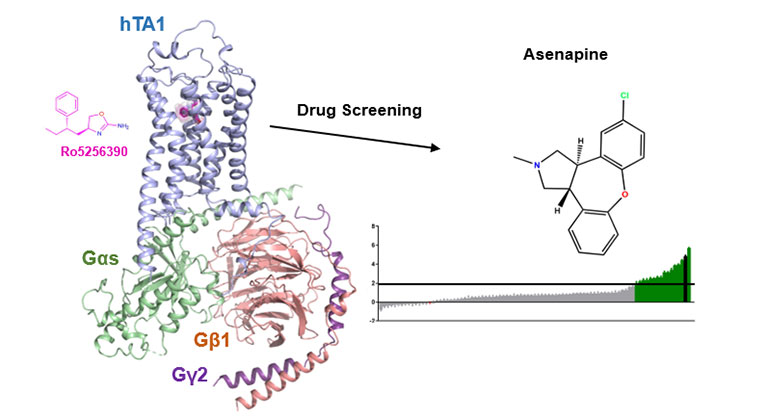
Demystifying a Key Receptor in Substance Use and Neuropsychiatric Disorders
Jan 02, 2024 View All Press Releases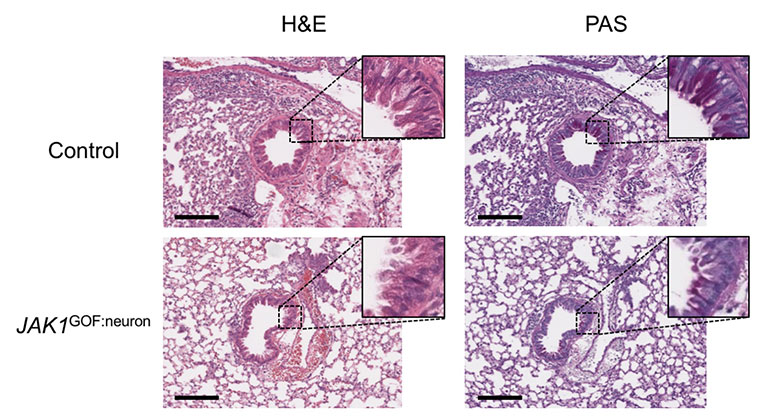
New Insights Revealed On Tissue-Dependent Roles of JAK Signaling in Inflammation
Dec 21, 2023 View All Press Releases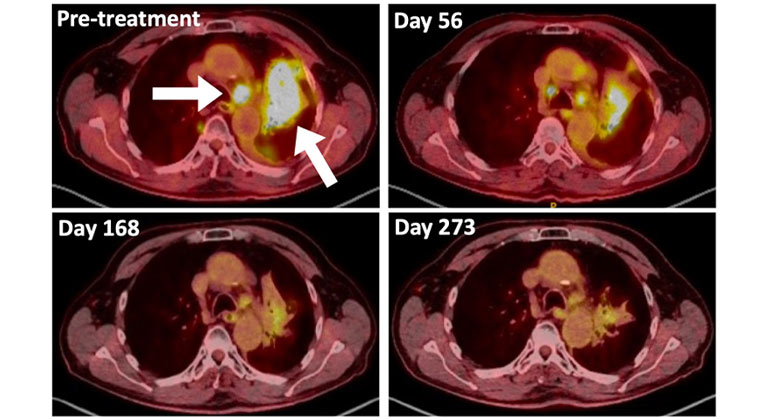
A Type of Allergy Medicine Might Help Treat Lung Cancer, Research Suggests
Dec 06, 2023 View All Press Releases

